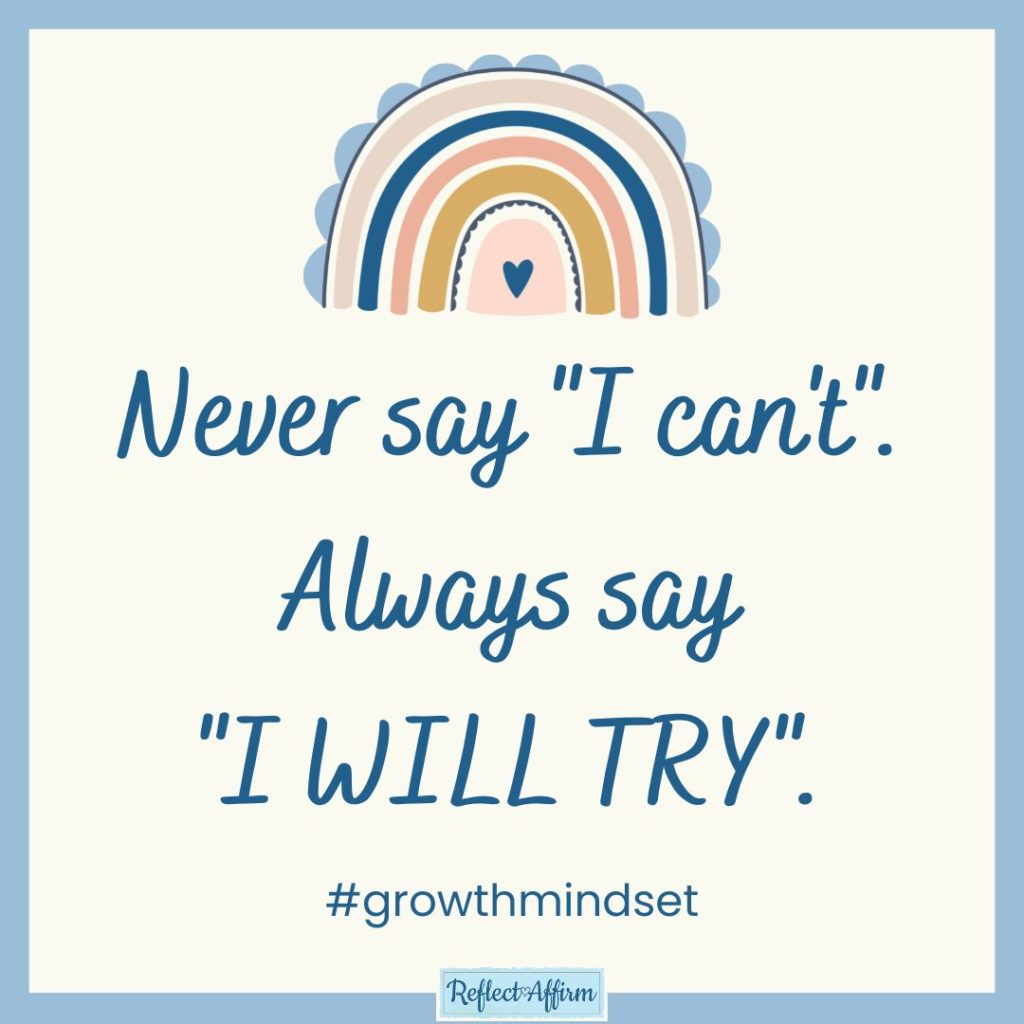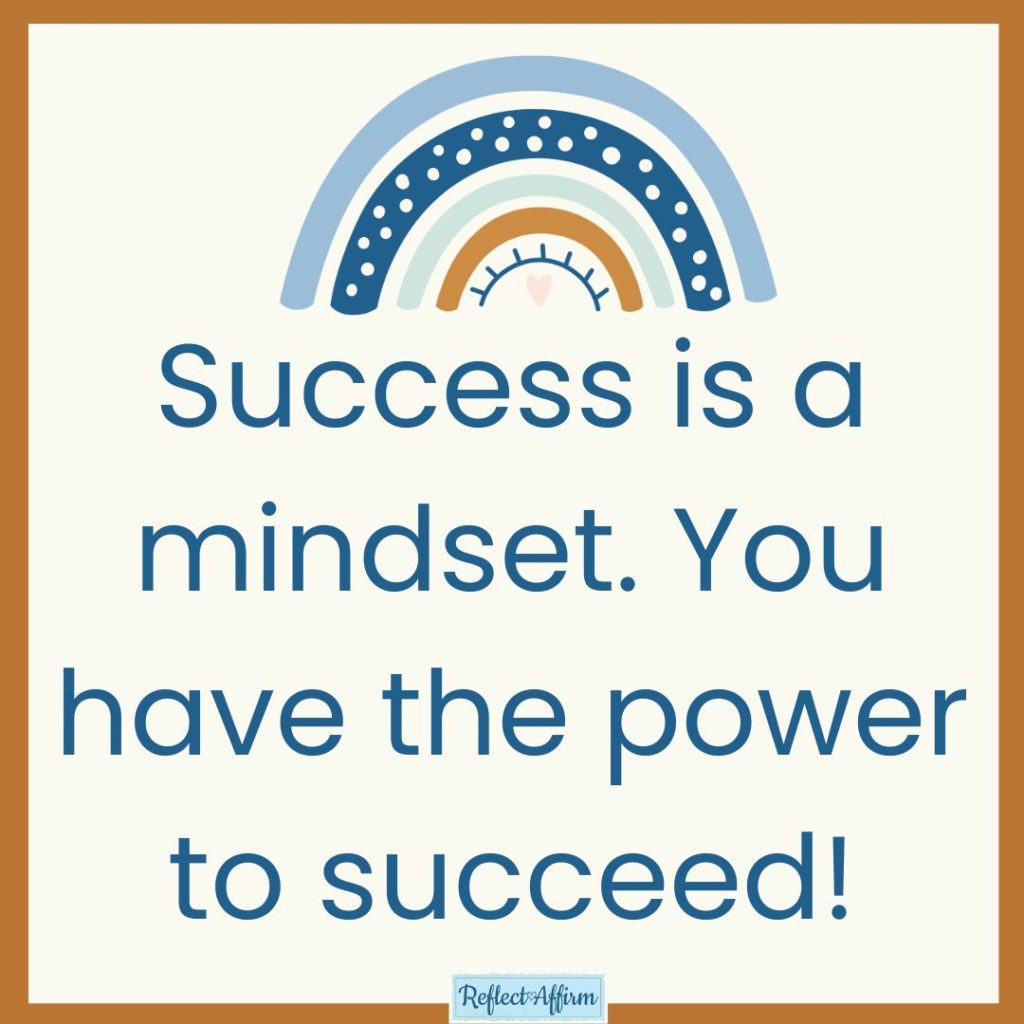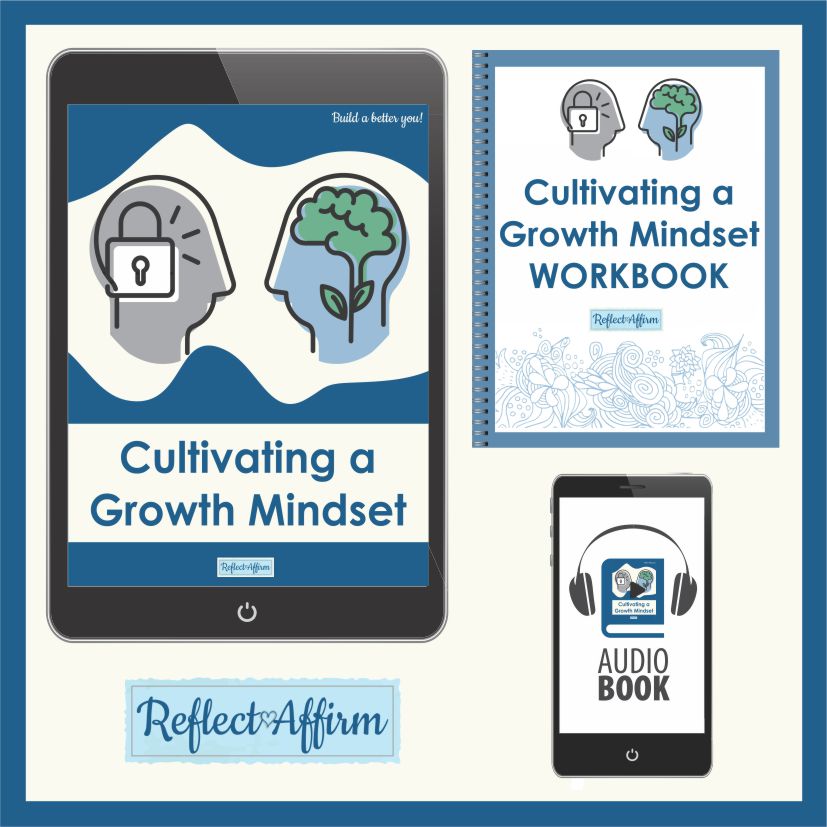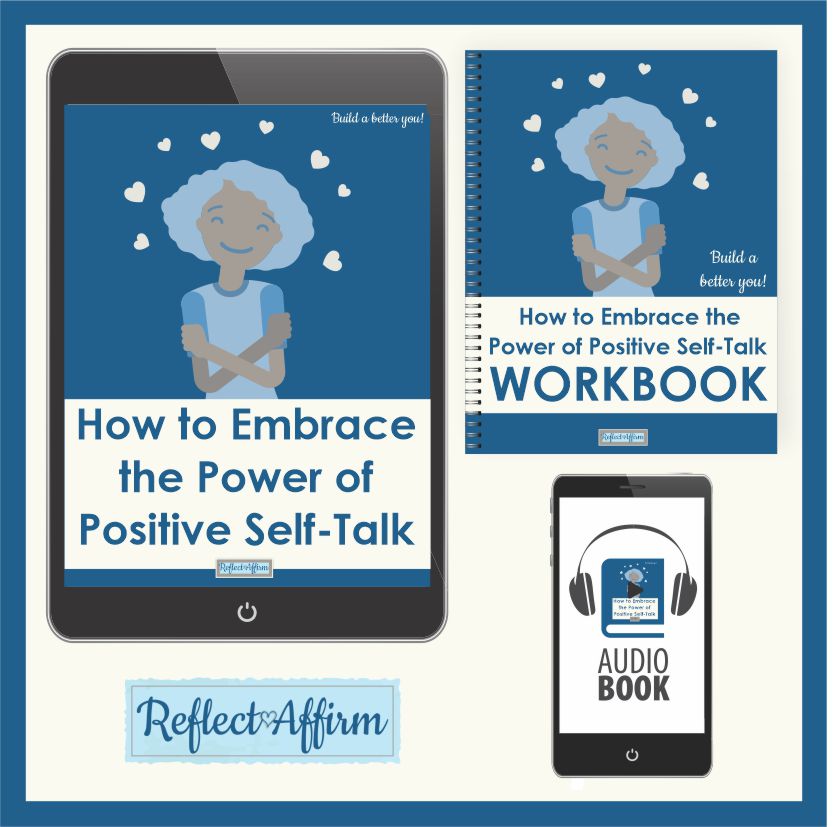
What’s the number one factor that determines whether or not someone succeeds at achieving a goal? Do you know? Is it genetics? Luck? What about skills or natural talent? Hard work has to be in there somewhere, right? How about networking and getting the right degree? Have you considered your mindset. How about a growth mindset? Why is a growth mindset important?
Growth mindset is the belief that intelligence and ability are not fixed traits, but can be developed through effort, learning, and practice. This belief has been shown to have a number of important benefits for learners.
Those with a growth mindset are more likely to persevere in the face of difficulty because they believe that they can improve their skills with effort. They are also more likely to take on challenging tasks because they see these as opportunities to learn and grow. And when they do encounter setbacks, they are more likely to view them as temporary and correctable, rather than as evidence of their own inadequacy.
All of this leads to better academic performance. Students with a growth mindset have been shown to achieve at higher levels, both in terms of grades and standardized test scores. They are also more likely to exhibit positive social and emotional behaviors, such as cooperation and empathy.

Hard Work, Effort, Mindset – What Leads to Success?
Hard work, effort, and genetics are all important for success in life. Although, mindset may be a better predictor of future success than every other factor you can consider, including working hard and natural talent.
This is the case no matter what the goal or achievement is -whether it’s graduating high school, getting a promotion at work, buying a home, starting a business, or making it into a professional sports league -mindset is the most important determinant of success.
There are a few cases where other factors are equally important to mindset, but not many. For example, no one becomes a cardiac surgeon if they don’t have the natural dexterity necessary for performing surgery, but mindset is still the top factor on the list.

Growth Mindset Program
Why is Having a Growth Mindset So Important?
Why is mindset so important? What makes it so important that it overrides every other factor that can influence success? Mindset is what drives you, what motivates you, and what makes you get up to try again when you fail.
No one succeeds on the first try. No one, no matter how talented, gets where they want to be without some failures or setbacks. Those who don’t have the right mindset -who have a fixed mindset or a negative mindset -will give up well before they reach their goal. They’ll conclude that whatever it was isn’t for them and move on to something else.
People who have a growth mindset will get up and try again. They’ll find another way to get where they want to go. They’ll work harder and smarter, get coaching, ask for help, and do whatever else they can to reach their goals. They see failure as an obstacle and a challenge, not a final verdict on whether or not they can get where they want to be.
Mindset gives you grit, determination, and stamina. It can keep you going when everything seems lost and hopeless. This is why mindset is the number one predictor of success. If you want to up your odds of achieving your goals, you must cultivate a growth mindset.
What is a Growth Mindset – Definition
A growth mindset is one that believes in change and improvement. Someone who has a growth mindset believes that their skills and talents can be improved through hard work, practice, and dedication. Natural talent is a gift of genetics, but it alone is not enough to make someone a master of their craft, and even the most talented person can get better through practice.
People with a growth mindset have a love of learning and never stop trying to learn new things, even many years after they get out of school. They’re always trying to understand the latest methods in their field, improving their skills at a sport, or learning something new. The 80-year-old woman in the Beginning French class has a growth mindset, as does the newly retired executive who takes up windsurfing for the first time.

You Embrace Challenges with a Growth Mindset
A growth mindset embraces challenges, sometimes to the point of seeking them out. People with this mindset set challenges as learning and growth opportunities rather than obstacles standing in their way. They don’t get easily frustrated by failures and roadblocks; they believe these things are to be expected and are a sign they need to adjust and try again.
Intelligence and other personal attributes aren’t fixed, or so believe those who have a growth mindset. They believe that these things can change with hard work and effort. Genetics are merely a starting point, a blueprint provided by nature that the architect (the person in question) can improve upon.
Growth mindset people see constructive feedback as a helpful method of improving themselves rather than criticism or a personal attack. They take the feedback and use it to improve their performance in whatever area it’s regarding.

VIP MEMBERSHIP TO REFLECT AFFIRM
Reduce Stress
Stress doesn’t affect those with a growth mindset as strongly as it does those with a fixed mindset. This mindset confers a resilience that allows them to be less affected and to bounce back faster than other people. This is not to say that serious problems or negative life events (such as deaths in the family) don’t affect them, but they tend to recover faster.
The success of other people is inspiring to those with a growth mindset. They try to figure out how the other person succeeded and how to imitate them. This increases their own odds of success.
Persistence, resilience, dedication, and a commitment to growth are the hallmarks of the growth mindset. No one has a pure growth mindset, but every person can work on cultivating their mindset to make it more growth-oriented.
Examples of a Fixed Mindset
There are two basic types of mindset: fixed mindset and growth mindset. Of the two, growth mindset is the preferred one, but that’s not to say there is anything inherently wrong with having a fixed mindset; it’s just a different way of viewing the world.
What is a fixed mindset? A fixed mindset believes personal qualities and attributes are fixed at birth and aren’t able to be changed or improved upon.
People who have a fixed mindset often seek safety rather than opportunities for growth. They see challenges as obstacles rather than learning opportunities. They also tend to take constructive feedback as a personal attack rather than using it to improve their skills and performance at work and elsewhere. After all, if skills and attributes are fixed, why try to improve?
A fixed mindset leads people to give up on things they’re not immediately good at, even if it’s something they like the idea of, and to move on to other things that come more naturally. Some also give up when they feel frustrated. One final disadvantage of a fixed mindset is that it can lead to a tendency to feel envious of or threatened by other people’s success.
There are two big advantages to a fixed mindset, however. The first is that it forces people to embrace reality. The second is that it avoids problems with unrealistic optimism. People with a fixed mindset are usually the hard-core pragmatists and realists who keep other people on the ground.
Here are ten examples of a fixed mindset:
1. You believe your intelligence is set in stone and unchanging.
2. You view talent as something you’re born with and can’t improve upon.
3. You think practice is for those who are naturally bad at something.
4. You think mistakes are a sign of stupidity and avoid them at all costs.
5. You don’t believe effort leads to success, only natural ability does.
6. You give up easily when things get tough or you feel like you’re not progressing.
7. You think criticism is a personal attack and avoid it at all costs.
8. You believe your destiny is predetermined and there’s no point in trying to change it.
9. You think successful people are lucky and don’t work hard for their success.
10. You don’t try new things because you’re afraid of failing.
These are just some examples of a fixed mindset; there are many others. It’s important to remember that having a fixed mindset is not inherently bad; it’s just different from having a growth mindset.

How to Embrace Positive Self-Talk
What Mindset Do You Have?
Take a moment and think about yourself. What mindset do you have – fixed or growth? If you’re not sure, here are some questions you can ask yourself:
1. Do you think intelligence is something you’re born with and can’t change?
2. Do you see effort as a waste of time?
3. Do you give up easily?
4. Do you view mistakes as an indication of stupidity?
5. Are you afraid of challenges?
6. Do you believe other people’s success comes at your expense?
7. When you don’t achieve something, do you blame others or external factors?
8. Are you resentful of other people’s success?
9. Do you have trouble taking criticism?
10. When you fail, do you feel like a failure?
If you answered “yes” to most of these questions, then you likely have a fixed mindset. If you answered “no” or “I’m not sure,” then you might have a growth mindset. Remember, few people have a pure fixed or growth mindset – most of us have a combination of the two.

Positive Thoughts Posters
Fixed and Growth Mindset Examples
Let’s say you’re applying for a new job. The night before the interview, you start to feel anxious and tell yourself “I’m not good at interviews. I always freeze up and forget what I want to say.” This is an example of a fixed mindset. You believe your ability to do well in an interview is set in stone and unchanging.
Now let’s say you have a growth mindset. The night before the interview, you might still feel anxious, but you tell yourself “I’ve done poorly in interviews in the past, but I’ve gotten better with practice. I can do this.” This is an example of how a growth mindset helps you see failure as an opportunity to learn and improve.
Again, few of us have a pure fixed or growth mindset – most of us have a combination of the two. However, if you have a growth mindset, then you’re more likely to see failure as an opportunity to learn and improve. You’re also more likely to take risks and persevere in the face of setbacks.
Here is some great news though – if you don’t like your current mindset, guess what? You can change it!
RELATED INFORMATION
Growth Mindset Activities for College Students that Actually Work
How to Change your Inner Voice
Change Your Mindset with New Habits





